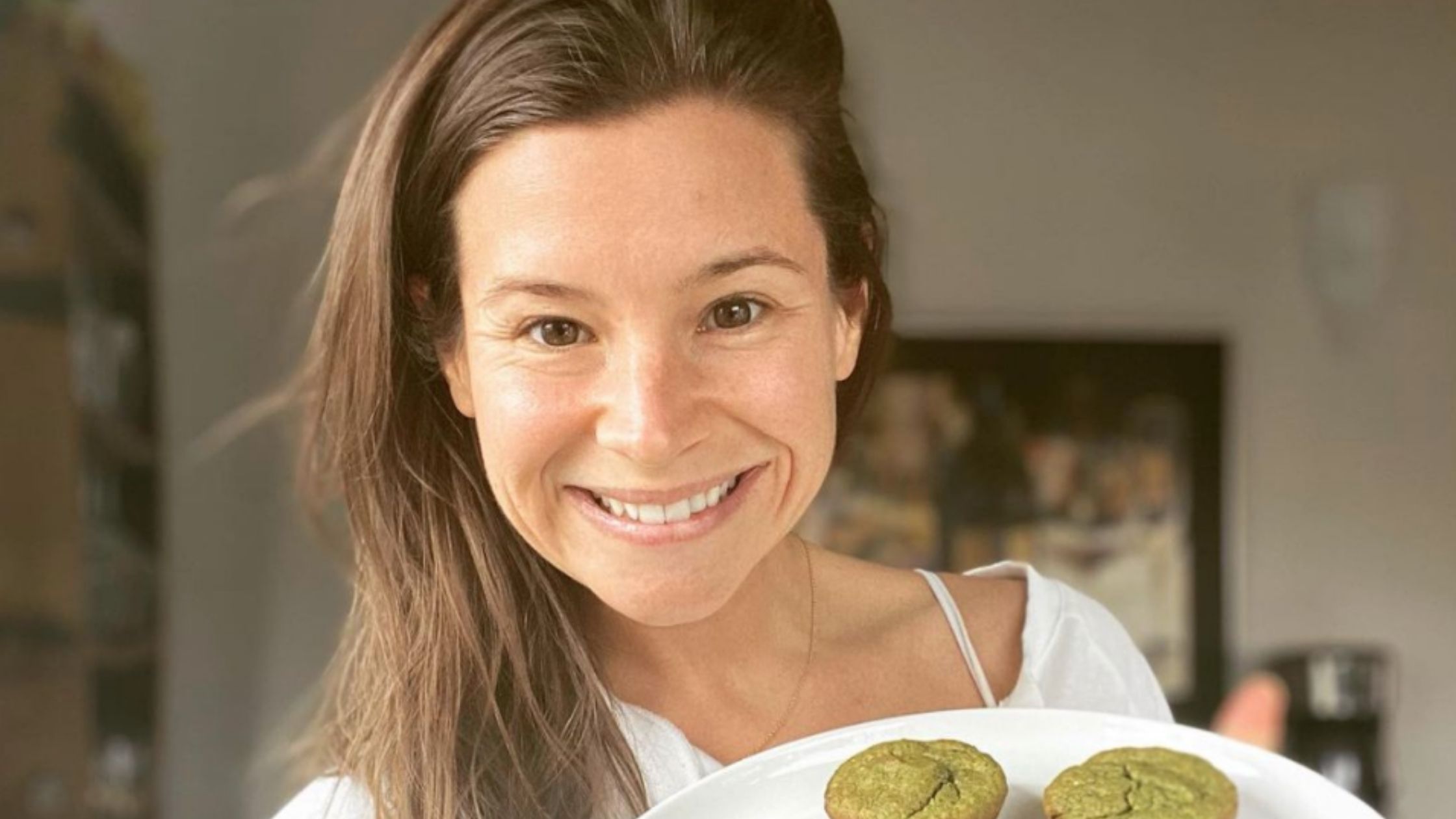In this episode, Kim and Cassie continue their conversation about ditching everything you have learned about diet culture. Now, they explore how to eat intuitively and listen to our bodies. Cassie explains why what others have taught us in the past demolishes our metabolism and lowers our metabolic flexibility, which means we end up worse than before we started “the diet.”
Cassie provides her top tips for creating sustainable, healthy eating habits that can help boost your metabolism. She explains why maintaining your blood sugar levels throughout the day can help you feel satisfied, energetic, and happier. Plus, she shares a seven-minute video for strength training that can be done anywhere!
Listen On: iTunes | Google Play | Stitcher | Spotify
Tune in to Learn more about…
- How to keep your cravings under control without feeling hungry.
- Why it’s not about the number on the scale; it’s about your body composition.
- Options for getting protein, healthy fats, and fiber in each meal.
- Why reading labels is important because companies are sneaking ingredients into products to trick you into thinking they are healthy.
- How tiny tweaks to our meals lead to big changes.
- How you can begin to have a healthier relationship with food starting now.
- The #1 exercise for fat loss!
“The #1 exercise that is best for fat loss is any exercise you enjoy doing.” – Cassie Riley
If you enjoyed this episode and it inspired you in some way, we’d love to hear about it and know your biggest takeaway. Take a screenshot of you listening on your device, post it to your Instagram Stories and tag me @kimstrobeljoy and Cassie @be_nutritiated.
Helpful Links
Cassie’s Email for her Free Smoothie Recipes: [email protected]
Cassie’s Instagram: @be_nutritiated

